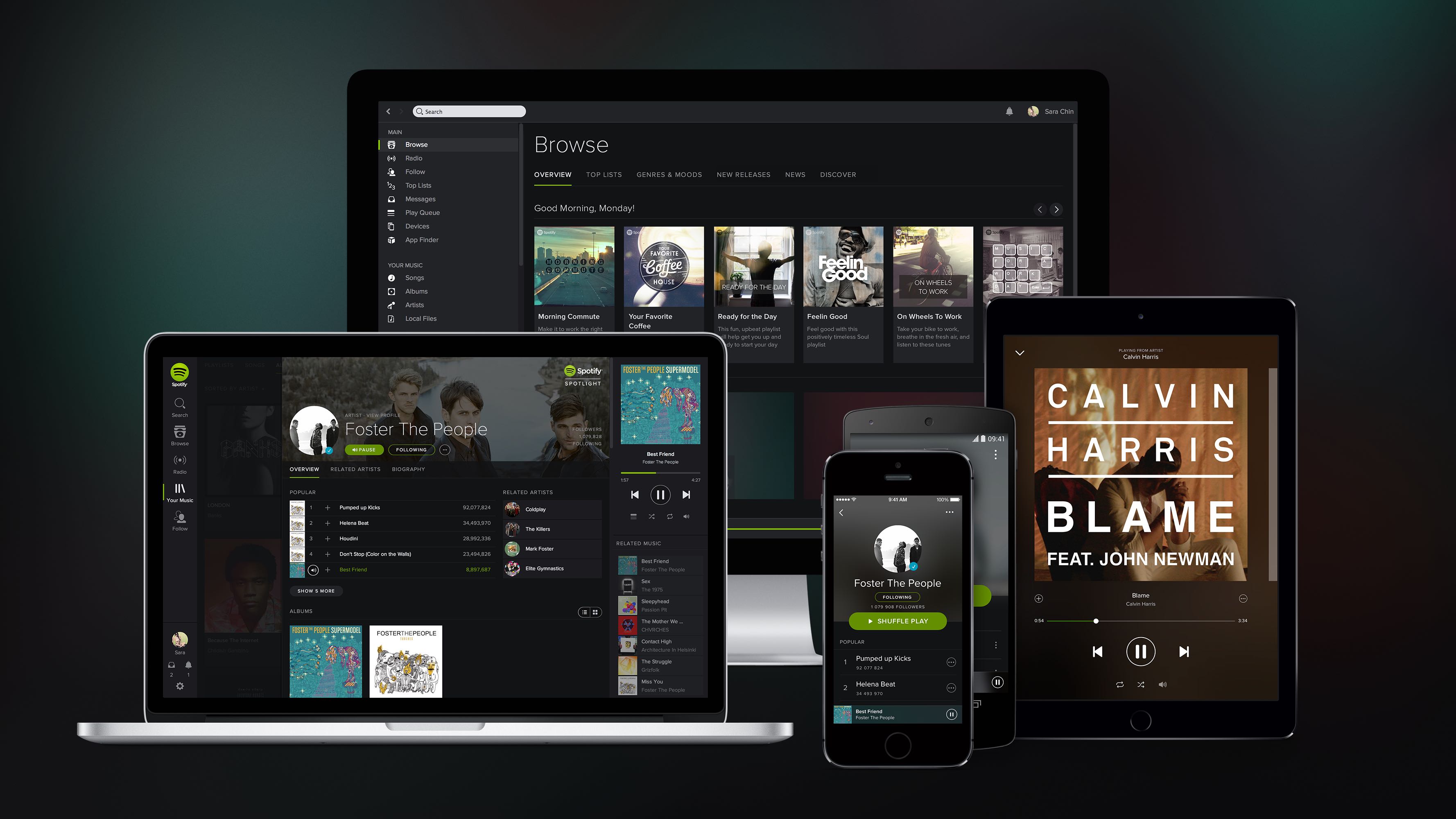Spotify’s letter sent earlier this week to Apple’s legal counsel Bruce Sewell and some Congressional staff in Washington, D.C. didn’t sit well with Apple’s legal team and its top lawyer.
Today, the Cupertino firm issued a response to address claims that it’s been using the power of its ecosystem and the app review process as a “weapon” to stifle competition by rejecting the latest Spotify for iOS update, which “caused grave harm to Spotify and its customers”.
Firing back at Spotify in a three-page letter obtained by BuzzFeed News, Apple accused the Swedish streaming-music startup of “resorting to rumors and half-truths”, slammed it for asking for “preferential treatment” and set the record straight on the app rejection.
Playing the blame game
There is nothing in Apple’s conduct that “amounts to a violation of applicable antitrust laws,” wrote Sewell, noting that Spotify has generated “hundreds of millions of dollars in incremental revenue” thanks to the iOS platform.
There can be no doubt that Spotify has benefited enormously from its association with Apple’s App Store. Since joining the App Store in 2009, Apple’s platform has provided you with over 160 million downloads of your app, resulting in hundreds of millions of dollars in incremental revenue to Spotify.
He then reiterated how the App Store review process works:
Our guidelines apply equally to all app developers, whether they are game developers, e-book sellers, video-streaming services or digital music distributors; and regardless of whether or not they compete against Apple. We did not alter our behavior or our rules when we introduced our own music streaming service or when Spotify became a competitor.
“Ironically, it is now Spotify that wants things to be different by asking for preferential treatment from Apple,” reads the document.
Our guidelines help competition, not hurt it. The fact that we compete has never influenced how Apple treats Spotify or other successful competitors like Google Play Music, Tidal, Amazon Music, Pandora or the numerous other apps on the App Store that distribute digital music.
“That’s why we find it troubling that you are asking for exemptions to the rules we apply to all developers and are publicly resorting to rumors and half-truths about our service,“ Sewell concludes.
Setting the record straight on Spotify app rejection
After notifying Spotify that it had rejected the app because it wasn’t using iTunes billing, Apple advised that Spotify implement it if it “wants to use the app to acquire new customers and sell subscriptions”.
“Shortly after Spotify submitted its app on May 26, our team identified a number of issues, including that the In-App Purchase feature had been removed and replaced with an account sign-up feature clearly intended to circumvent Apple’s In-App Purchase rules,” Sewell explains.
Spotify submitted a new version which continued to ask users for an email address in order to invite them to sign up for a subscription via the web interface at $9.99 per month while simultaneously jacking up in-app subscription price to $12.99.
“Spotify’s app was again rejected for attempting to circumvent In-App Purchase rules, and not, as you claim, because Spotify was simply seeking to communicate with its customers,” reads Apple’s letter.
He went on to write that Spotify’s sign-up feature exists “only for the purpose of avoiding to having to pay Apple for your use of the App Store by emailing customers within hours, directing them to subscribe to Spotify on its website.”
That’s a violation of the App Store Review Guidelines which clearly state that “apps may not include buttons, external links or other calls to action that direct customers to purchasing mechanisms other than In-App Purchases”.
“As far as I can see the Spotify app currently up on the App Store is still in violation of our guidelines,” said Sewell on behalf of Apple. “I would be happy to facilitate an expeditious review and approval of your app as soon as you provide us with something that is compliant with the App Store’s rules”.
He also wrote:
There is nothing in Apple’s conduct that “amounts to a violation of applicable antitrust laws”. Far from it. Apple has continued to innovate with lower pricing for our customers and a new revenue share model for the developers that have helped make us so successful. We understand you want special treatment and protections from competition, but we simply will not do that because we firmly adhere to the principle of treating all developers fairly and equitably.
Spotify contends that the app rejection has caused “grave harm” to its business, indirectly confirming that it sees Apple customers as a lucrative revenue stream. From Spotify’s vantage point, Apple’s move to “exclude and diminish the competitiveness of Spotify on iOS raises serious concerns under both US and EU competition law”.
Apple’s full response
Here’s Apple’s response in full:
You can also read the response over at BuzzFeed News.
Your thoughts
What’s your position in this debate?
Is Spotify just scared of the fact that Apple Music now has half as much paid subscribers as its own service? Is there any merit to Spotify’s complaints, do you think?
Source: BuzzFeed News
